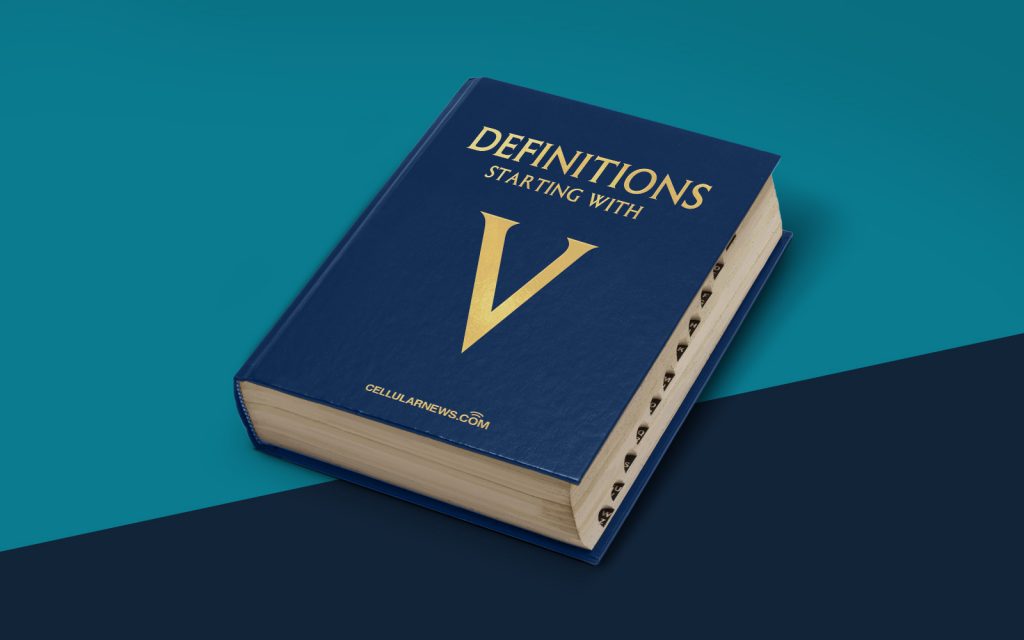
What is a Value Type?
When diving into the world of programming and computer science, you’ll often come across various technical terms and concepts. One such term you may frequently encounter is “value type.” But what exactly does this term mean? In this blog post, we aim to unravel the mystery behind value types and explain their significance in programming.
Key Takeaways:
- A value type is a data type in programming that holds its value directly in memory.
- Value types are typically smaller in size and more efficient than reference types.
In simple terms, a value type is a type of data in programming that holds its value directly in memory. Unlike reference types, which store a reference to the memory location where the actual data resides, value types keep the data itself in memory. This means that when you assign a value type to a variable, you’re storing the actual value, not just a reference to it.
Value types are commonly used for storing simple and fundamental data types such as integers, floating-point numbers, characters, and booleans. These types of data are usually smaller and require less memory allocation. Using value types can thus provide an advantage in terms of memory efficiency.
Another crucial characteristic of value types is that they are often copied by value. When you pass a value type as a parameter or assign it to another variable, a new copy is created, and any modifications made to the copy won’t affect the original value. This behavior can be beneficial in certain scenarios, preventing unexpected side effects and ensuring data integrity.
In many programming languages, including C#, Java, and Python, value types are predefined by the language itself. However, some languages also provide the flexibility to create user-defined value types.
To summarize, here are the key takeaways about value types:
- A value type is a data type in programming that holds its value directly in memory.
- Value types are typically smaller in size and more efficient than reference types.
- Value types are commonly used for storing simple and fundamental data types.
- Modifications made to a copied value type won’t affect the original value.
Now that you have a better understanding of what value types are, you can confidently navigate the world of programming and utilize this valuable concept to enhance your code’s efficiency and readability.
